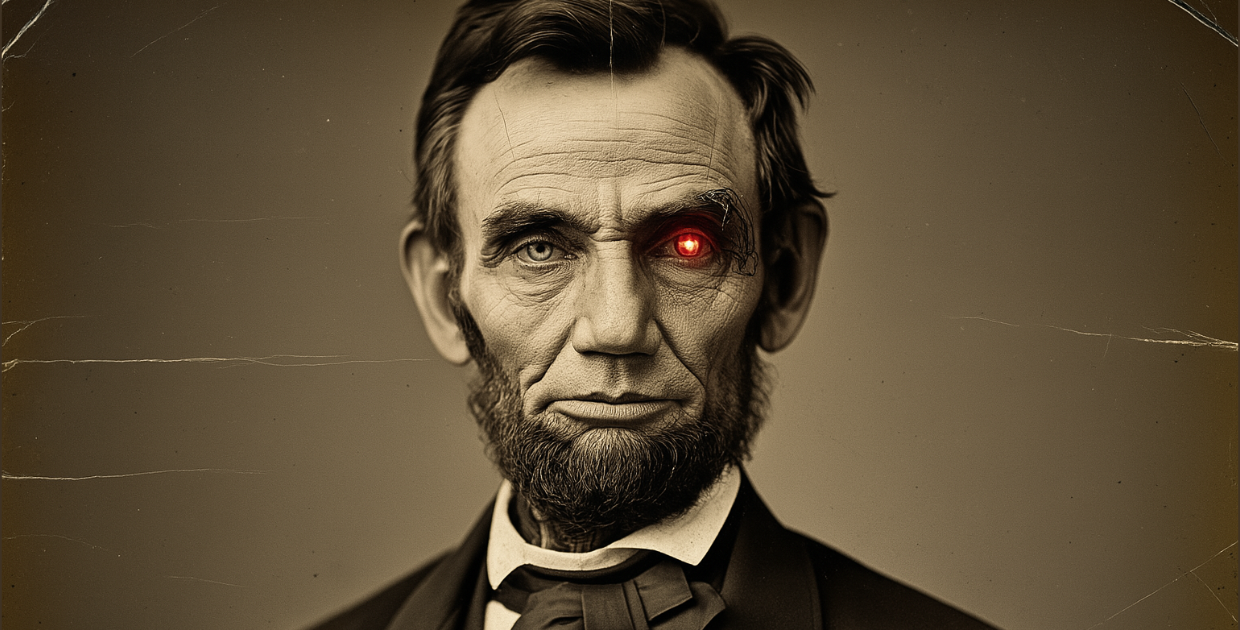Our guest today is Alex Keeney founder of Star Spangled Gamblers, a podcast and website about the world of political prediction markets. Founded in 2018, it’s the hub for the political gambling community. In today’s episode, you’ll learn about this controversial world of betting on politics, how predictors make their decisions, and how political professionals might derive insights from these markets.
Political prediction markets involve real risk and none of what we discuss in this episode should be considered financial advice.





